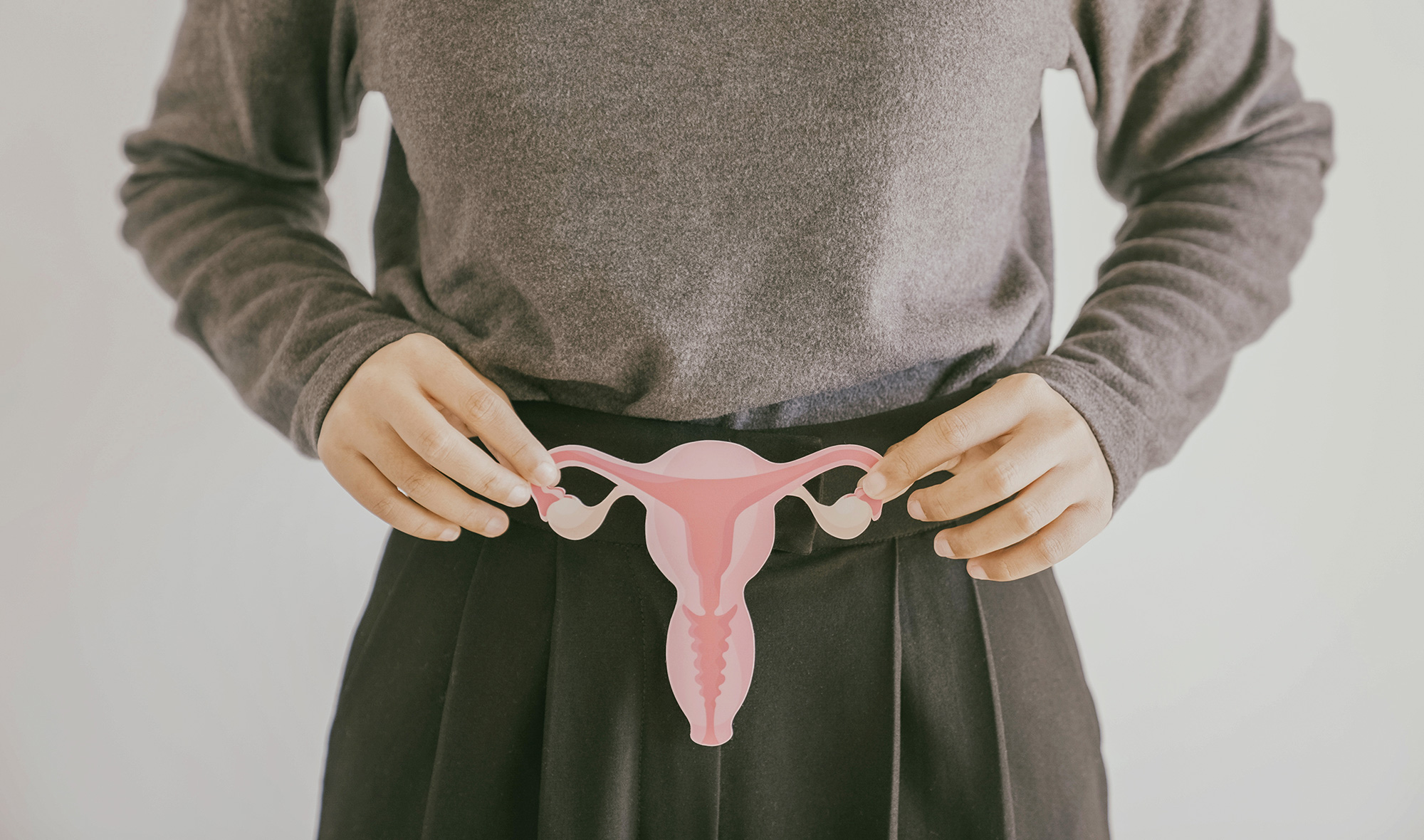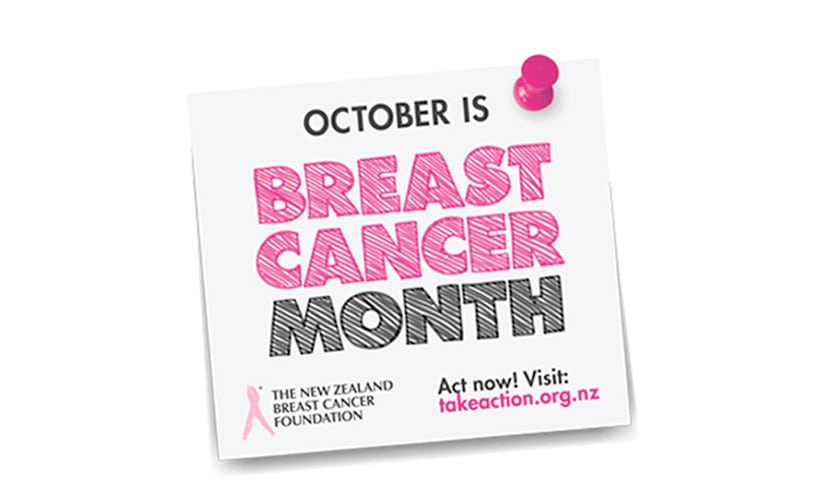In the New Zealand workforce there are approximately 400,000 women in the menopause age bracket, and in a recent study it was revealed that 70% of those women have thought about leaving their jobs because of the symptoms of menopause. It’s a taboo subject in the workplace that is not often acknowledged, and women experiencing symptoms of menopause feel uneasy discussing it.
While menopause is actually just one time point in a woman’s life – one day 12 months after a woman’s last period – the lead-up to menopause (perimenopause) and post-menopause can last for years. Some women sail through these years, but many others have a tough time, with multiple symptoms that have a debilitating effect on their quality of life. Common symptoms are hot flushes, night sweats, insomnia, brain fog, heart palpitations, fatigue, poor concentration and memory, bladder and urinary issues, menstrual disturbances, muscle aches and pains, midline weight gain, itching skin and headaches. Peri- and post-menopause can often be the first time in a woman’s life that she experiences low mood, low confidence, anxiety or depression.
These health issues start about the age of 45 to 55 years and can be ongoing for up to four to ten years, which is a long period of a working woman’s life. An American study found that nearly 50% of working women aged 45 to 60 found it difficult to manage their menopausal symptoms at work. At these ages, women are at a particularly valuable stage in their career, with significant senior-level knowledge and experience. Women aged in their late 40’s and 50’s are often in positions of responsibility, acting as role models and mentors to the younger generation of workers. But their home lives can also be at a demanding stage – women in this age range often find themselves caring for children, grandchildren, parents, spouses or partners, who may be disabled, sick or elderly. Some women struggle so much with their menopausal symptoms and combined responsibilities that they have to leave their jobs.
While attitudes are changing, our society still does not view being an older woman as a positive thing or value the wisdom that comes with age. Menopause is a topic that is made fun of, and there is the stereotype of the older woman being ‘past her prime’. Like mental health issues used to be, menopause is not talked about, with the subject remaining taboo or shameful alongside a lot of silence and misinformation. Apart from pregnancy, breastfeeding and childbirth (and more recently miscarriage), the management of gender-specific health issues and how they affect a woman’s work life are rarely discussed. Many women feel uncomfortable disclosing menopause-related health issues to employers, who can often be male or younger than they are.
With people in menopause – the fastest growing workforce demographic it is a great time to start having conversations about menopause in the workplace. Menopause is a life stage that may need additional support. For workplaces to become menopause-friendly there needs to be greater understanding of the health issues that women face at this time in their life.
One of the benefits of the 2020 pandemic has been the raised awareness of both mental health in the workplace and flexible working conditions. What we have learnt about these topics can also be applied to menopause in the workplace. There are benefits to businesses paying attention to the needs of their female employees who may be having difficulty with their menopause transition. Keeping women in work will decrease recruitment costs, and employers will be better able to attract experienced talent.
Some suggestions for support at work:
- adding resources on menopause to the company intranet
- adjusting deadline expectations
- reviewing leave policies
- access to medical, health and wellbeing services
- flexible working hours
- a quiet place for work and/or short breaks
- noise cancelling headphones
- uniforms in natural, non-synthetic fabrics
- adjustments to work temperature control and ventilation
- cold drinking water
- ready access to shower and toilet facilities
- the ability to sit down rather than stand for long periods.
Raising awareness of the menopause transition helps women understand that what they are going through is a normal life stage, helps everyone in the workplace understand the symptoms and how they can impact a person’s wellbeing and working life, and can enable women to access better support.
If you are experiencing perimenopause or post-menopause, talk to your doctor or pharmacist about treatments or options that may help.
Read more article related to menopause here.
This blog provides general information and discussion about medicine, health and related subjects. The information contained in the blog and in any linked materials, are not intended nor implied to be a substitute for professional medical advice.
















Community